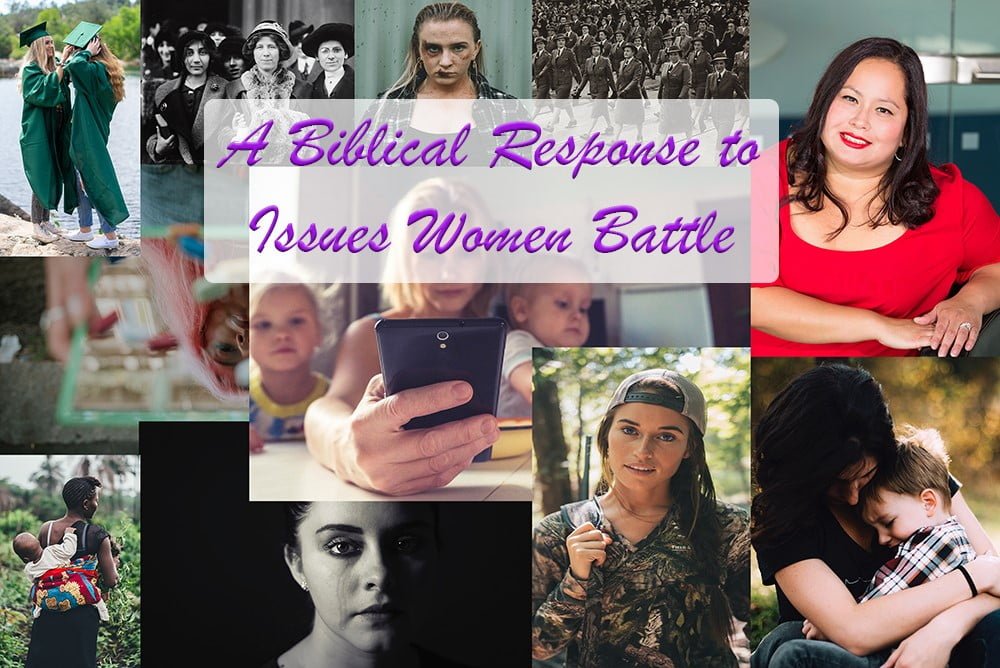⏱️ Estimated Reading Time: 7 min read
I remember first dealing with identity in high school. I had previously been homeschooled, so entering a private school my sophomore year was an education in many ways. But it was the first time I really came to notice “cliques” and groups that mattered to me. There were cool kids, oddballs, cheerleaders, athletes, debaters, artists, rule breakers. I had no clue what groups I “belonged” to, but I certainly knew where I wanted to be. But when I tried to identify with a new group, it just didn’t work (example 1: trying out for the cheerleader squad).
High school was, in some ways, really the start of a whole new me. I had just moved across the country with my family, I was no longer a pastor’s kid, I was no longer homeschooled, I had to make new friends. I started enjoying a more introverted life. Most of the things I had thought about myself changed. I saw myself and others in different ways. My sophomore year turned out alright, and my junior and senior years were terrific. But I definitely cried a lot that the first year.
Unfortunately, as I got older, I found the same struggles. The labels of the identities I tried just changed. And with all of the different iterations of myself came new frustrations and failures, and trials.
I know I’m not the only one. There are so many ways that we label ourselves in our society. Just check the bio section on any social media profile, and you get a small glimpse at what that person wants you to know about her.
- Jesus follower.
- Coffee drinker.
These aren’t bad or wrong distinctions to give ourselves. And in a way, a lot of how we choose to live and what we choose to do is wrapped in those brief bio statements. But I’ve seen too many times when those distinctives, those things we choose to be known by, become an idol for us.
Part of being human is this desire to be known. We want others to recognize our efforts, work, history, experiences, and so forth. Again, those things aren’t wrong. When we enter into community with each other, we do need to acknowledge the value of other lives and respect them as fellow image-bearers of God. But how do we desire to be known? Is it out of pride for our accomplishments? Is it because we need to be reminded of our worth? So much of society is driven by the need for self-promotion that we as Christians are prone to follow in those footsteps and seek to carve for ourselves an identity that we want.
But when the kids move out of the house, when we change jobs, when we move from place to place, those identity markers change. And we suddenly have to change with them. If our identity is founded on something external or temporal, we will end up losing that identity sometimes, in some way. And if that’s what our life has been built on, what do we do when it all crumbles?
It is important for Christians not to get so caught up in what we do that we forget who we are. Did you catch that? Many of the things you read in someone’s bio are more about the what than the who. What do you spend your time doing? Running a business. Taking care of kids and drinking coffee, and posting on social media. Those aren’t intrinsically who you are; they’re what you’re doing with your time and energy.
Being a mom, a wife, a CEO, are important but we are so much more in Christ. However, we are taught to believe our value or worth is tied to those biomarkers. If we don’t have kids at home anymore, who are we? If we’ve retired, what are we supposed to do? Evaluate your own life and consider ways you’ve made what God has called you to your identity.
In Psalm 139, we are reminded that God knew us before we were even born. This is before any identity we can make for ourselves. God knit our designed us in privacy before any talents, personality, or ambitions were noticeable. God doesn’t base His love or protection of us on what we bring to the table. He’s not impressed with the list of qualities we champion for ourselves. He loves us because He created us, and He is a merciful God.
We also should remember that once we are saved, we have a new identity. We are told to put off the old man and become new (II Cor. 5:17; Col. 3:9-10). This becomes our identity: a Christian or Christ-follower. And, ultimately, for eternity, that’s the only identity that matters!
This new identity is talked about much in the book of Ephesians. Take a few minutes to read the entire book in one sitting and note the frequency of the words “in Christ” or “in Him.” These all speak of our identity in Christ and what we have been given because of salvation. This is our true, lasting identity. Consider these:
- We are adopted as sons/daughters (1:5)
- We are redeemed through Christ’s blood (1:7)
- We have an inheritance (1:11)
- We bring praise (1:13)
- We are raised up with Him (2:6)
- We are created for good works (2:10)
- We are being built together (2:22)
And that is only a partial list. When we seek temporal, earthly things to fill in our identity, they will never last, and they will never satisfy.
So how do we remember our true identity in Christ while living with all the identities of what God has given us?
First, recognize that how we label ourselves can be used for good. I am always going to be “Mom” to my kids, even after they leave the nest. This gives me the responsibility to teach, train, and instruct them with wise, biblical counsel. But when my kids are old enough to leave home, I hope I’ll spend my time reaching out to younger women and being a spiritual mom to them. And I hope my kids will still confide in me with their struggles, even if they don’t live under my roof.
Second, a good way to hold loosely to these titles is to not seek notoriety through them. When I was in high school, I didn’t try out for the cheerleader squad because I loved the neat cheers or really wanted to show support for our athletes. I wanted to be known as a cheerleader. They were seen as cool and popular; they got special privileges on game days; everyone knew who they were. And as a new girl trying to figure out who I was in a new place, I thought that sounded like a pretty neat label to have. It was all about being known. This is the opposite of the humility Christ demonstrates in the Bible and the humility we are called to (Phil. 2:3-8).
Lastly, keep yourself grounded in God’s Word. There is no substitute for remembering who we are and who God is than regularly reading the Bible. When we read the Bible, our priorities shift. It’s not about us or who we are or what we do. Life becomes about what God has called us to and the new person we have become because of His gift of salvation.



